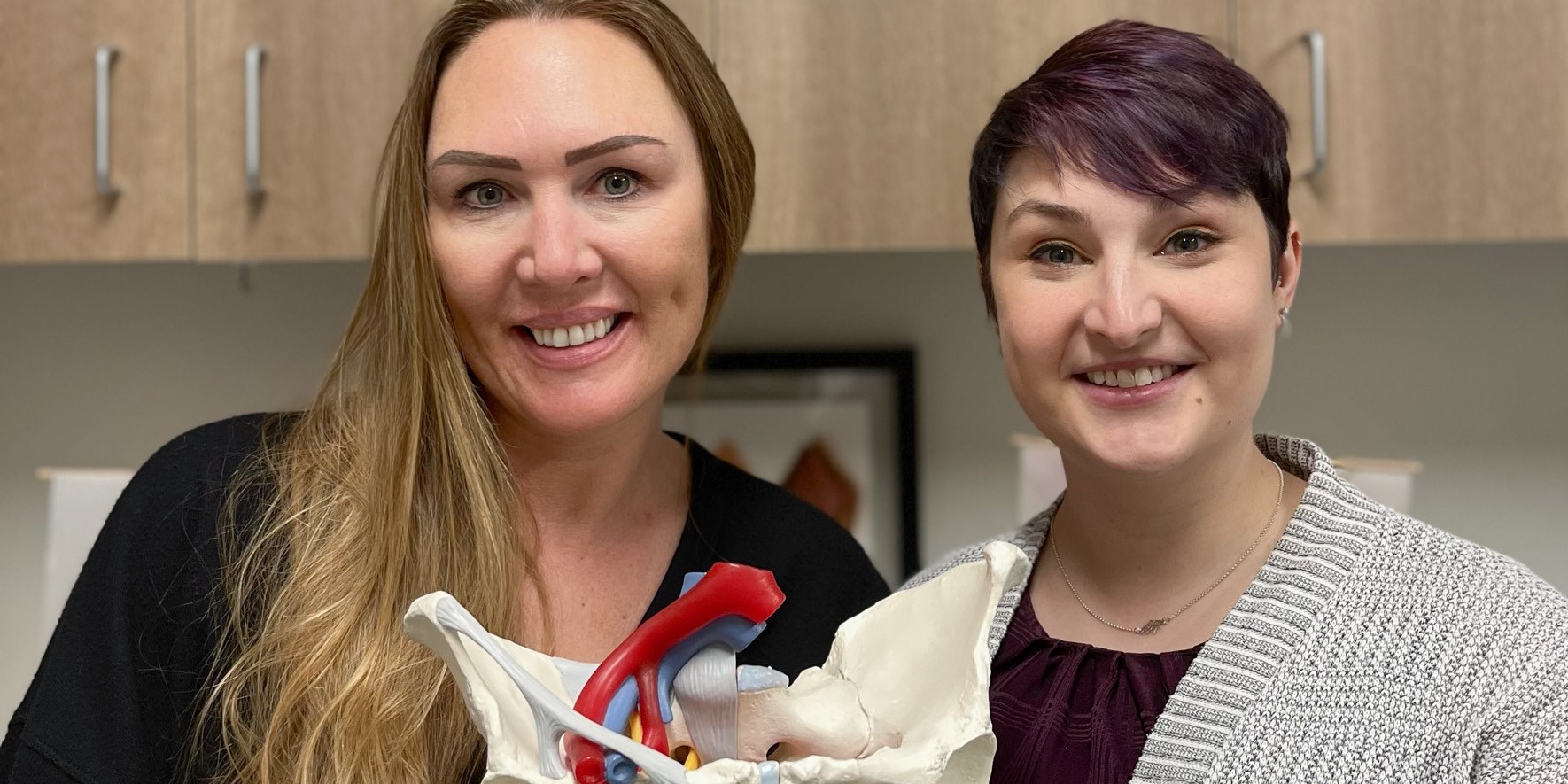Does Alcohol Cause Cancer?
A recent MedScape articlewarns that "no amount" of alcohol is safe in terms of avoiding cancer risk. Although the mechanisms between alcohol and cancer are not well understood, according to the article, alcoholic beverages can contain at least 15 ingredients that are carcinogenic, such as acetaldehyde, acrylamide, aflatoxins, arsenic, benzene, cadmium, ethanol, ethyl carbamate, formaldehyde, and lead. Potential causative mechanisms for alcohol-related cancer include that alcohol interferes with folate metabolism, and that in relation to breast cancer, alcohol can increase estrogen levels and stimulate mammary cell growth. Hard liquor can affect the oral cavity, the esophagus (especially hard liquor and the colon, rectum, and liver.
According to the author, patients who have health issues related to cancer should be warned to stop using alcohol and should be referred to cessation programs. Pregnant women and youth should be counseled not to drink at all. Alcohol consumption is recommended to be limited to 1 drink per day in women and 1.5 drinks per day for men. Alcohol screening is recommended as a "routine" part of an office visit. Whether the screening is completed on a written or electronic intake, or as part of the verbal history, patients should be asked to report the number of drinks per day, week, or month. Validated screening tools and referral resources that are helpful for patients are listed in this article written by Dr. Friedan.
Smoking in combination with alcohol can worsen the risk for detrimental health effects, especially in the oral cavity, the pharynx, larynx, and esophagus. Physical therapist intervention as a part of smoking cessation education can be an important and effective part of health management. Bladder health is also negatively impacted by smoking, as described in an earlier blog post. As physical therapists and other pelvic rehab providers become more involved in wellness education and integrate smoking and alcohol consumption into their clinical practice, increased knowledge about cancer-related lifestyle issues can be helpful. The Institute offers our Oncology series including a Female and Male focused course on cancer and the pelvic floor. The next opportunity to take Oncology and the Pelvic Floor: Female Reproductive and Gynecologic Cancers is June in Orlando. If you are interested in hosting one of our oncology courses, contact the Institute!
By accepting you will be accessing a service provided by a third-party external to https://hermanwallace.com/






































